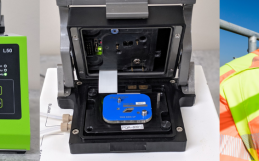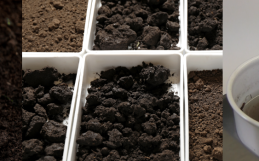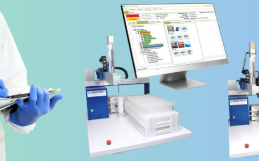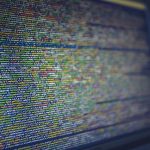
To study the efficacy of EBC, researchers simulated 12 freshwater ecosystems where they focused their efforts on the effects EBC had on polycyclic aromatic compounds (PACs) and alkylated PACs. (APACs) To aid in this pilot study, researchers used MANTECH’s PeCOD® analyzer to help measure COD, nutrient data, and parent PAC data. By using the PeCOD, researchers were able to gain interpretable, accurate and quick preliminary findings.
In short, the study on EBC as a passive remediation technique was effective. Studies showed that EBC application in affected areas resulted in near-immediate dispersion of oil from surface to water column along with an increase in nutrient consumption and productivity. As well, it was observed that there were elevated PACs in the water of oil treatments that corresponded with higher COD for the first 10 days of exposure. While this study provided substantial preliminary results, future ongoing work can be conducted to explore this topic further.








Janet:
This is great, your product is and always has been so far ahead of curve!!!
Hi Janet,
Thank you for your comment. At MANTECH we’re happy to provide innovative analysis solutions to help our customers accomplish their goals.